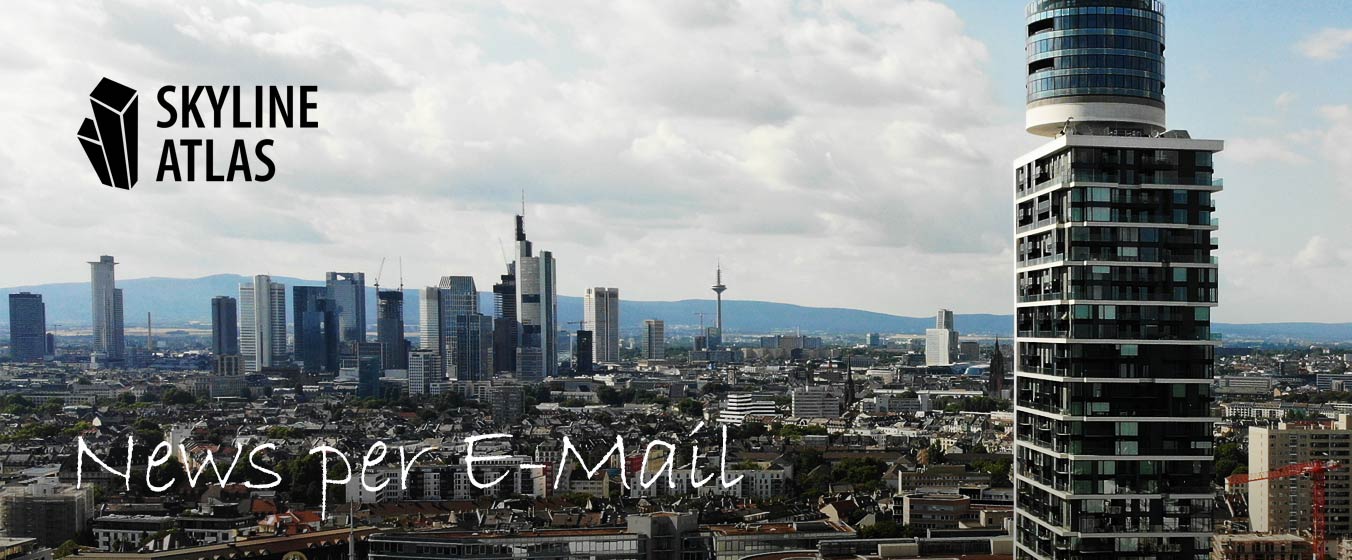
Property Laws and Regulations in Dubai
Buying property in Dubai is a straightforward process, but it is important to understand the laws and regulations that govern ownership. The Dubai Land Department (DLD) and the Real Estate Regulatory Agency (RERA) oversee all property transactions, ensuring that both buyers and sellers are protected by clear rules.
Freehold and Leasehold Ownership
Foreign buyers are allowed to purchase property in designated Freehold areas of Dubai. Freehold ownership means that the buyer owns the property and the land indefinitely, with the right to sell, rent, or pass it on to heirs. Leasehold ownership, on the other hand, gives the buyer rights to the property for a fixed period (up to 99 years) but not to the land beneath it. Understanding the difference between these two ownership structures is essential before making a purchase.
The Role of the Dubai Land Department (DLD)
The DLD is the main government authority responsible for regulating and documenting property transactions. It ensures that all sales are registered, title deeds are issued, and fees are collected transparently. Buyers must register their purchase with the DLD within 60 days of signing the sale contract, and transactions are not legally valid until registered.
Real Estate Regulatory Agency (RERA)
RERA, a subsidiary of the DLD, protects buyers by setting standards for developers, agents, and property managers. Working with RERA-registered brokers gives buyers security and legal assurance. RERA also issues regulations on escrow accounts, service charges, and rental agreements, all of which create transparency in the market.
Contracts and Legal Documents
Several standard forms and contracts are used in Dubai real estate. Form F (the sale and purchase agreement) is signed by both parties and registered with the DLD. Escrow accounts are mandatory for off-plan projects, ensuring that buyer payments are only used for the approved development. Buyers should always have contracts reviewed by a legal professional to avoid misunderstandings or risks.
Residency Visas Linked to Property
In some cases, buying property in Dubai can qualify the buyer for a residency visa. The length and type of visa depend on the property value and other requirements. This additional benefit makes understanding the regulations even more important, as eligibility is tied directly to legal compliance
Dubai’s property laws and regulations are designed to protect buyers and maintain transparency in the market. By understanding the differences between Freehold and Leasehold, working with RERA-registered agents, and ensuring all transactions are registered with the DLD, buyers can move forward with confidence and security.






